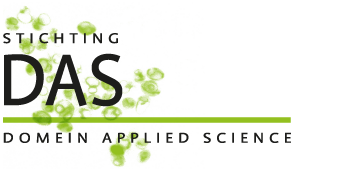Engineering Physics
The higher professional course in Applied Physics leads to a job as an applied physicist. Through research and experimentation, this graduate amasses knowledge and information that contribute to solutions for technological problems and provide opportunities for new technological developments.
The working methods of applied physicists are characterised by the fact that they operate at the interface of theory, modelling and experimentation. They try to establish a link between the results of these approaches, verifying theories by means of experimentation wherever possible.
Applied physics as a professional field is continuously developing. A thorough knowledge of and insight into the theory of the basic professional fields within physics is needed in order to operate in the field as an applied physicist. An applied physicist has an understanding of key physical concepts and can apply them in practical situations. The most important skills required of an applied physicist consist of the ability to carry out research, make and model-based calculations and to set up, prepare and conduct experiments.
